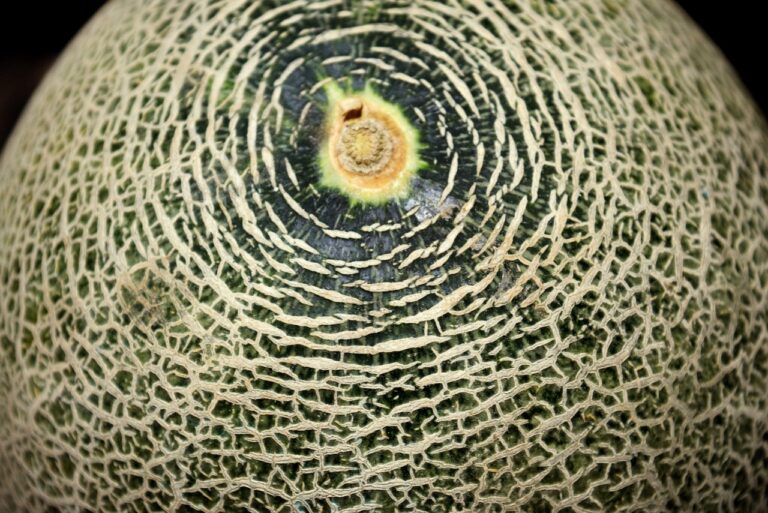Analyzing the Rise of Veganism: Health Implications and Challenges
Veganism, as a lifestyle choice and dietary practice, has a history that spans centuries. The origins of veganism can be traced back to ancient Indian and Eastern Mediterranean cultures, where plant-based diets played significant roles in various belief systems and philosophies, promoting compassion towards animals and the environment. In more modern times, the term “vegan” was coined in 1944 by Donald Watson, founding member of the Vegan Society in the United Kingdom, marking the beginning of an organized movement advocating for the exclusion of animal products from daily consumption. Since then, veganism has evolved to encompass not only diet but also a commitment to ethical principles that reject the exploitation of animals for food, clothing, or any other purposes.
The Impact of Veganism on Health
Veganism continues to gain popularity for its potential health benefits. Studies suggest that following a vegan diet may lower the risk of chronic diseases such as heart disease, high blood pressure, and certain types of cancer. By focusing on plant-based foods rich in vitamins, minerals, and antioxidants, vegans often experience improved overall health outcomes.
Furthermore, adopting a vegan lifestyle has been associated with better weight management and lower rates of obesity. The emphasis on whole foods and the exclusion of animal products high in saturated fats can contribute to maintaining a healthy body weight. Additionally, the fiber content found in many plant-based foods can aid in digestion and promote feelings of fullness, potentially reducing the tendency to overeat and aiding in weight loss efforts.
Nutritional Considerations for Vegans
Consuming a variety of plant-based foods is crucial for vegans to ensure they meet their nutritional requirements. It can be challenging for vegans to obtain enough vitamin B12, as this essential nutrient is mainly found in animal products. To address this issue, vegans can opt for fortified foods or supplements to prevent deficiency and maintain overall health.
In addition to vitamin B12, vegans should pay attention to their iron intake. Plant-based sources of iron are not as easily absorbed by the body compared to animal sources. Combining iron-rich foods with sources of vitamin C can enhance iron absorption, promoting better overall iron status for vegans. Being mindful of these nutritional considerations can help vegans maintain a balanced and wholesome diet.







